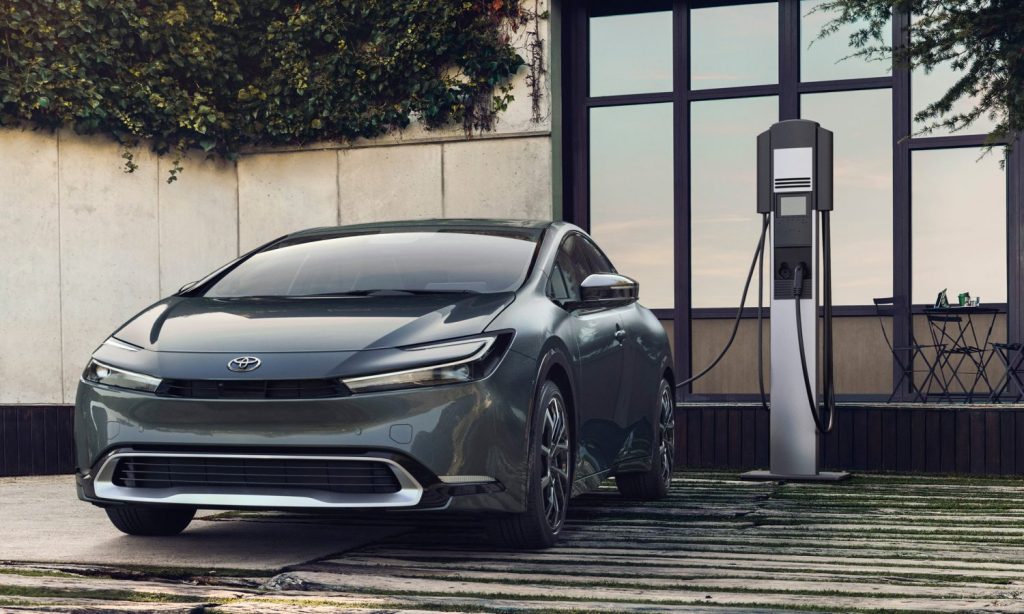
For years, car owners have made routine trips to their local gas station whenever their vehicle was low on fuel. With modern age electric vehicles increasing in popularity, the demand for electric vehicle charging stations increases as well, which is why you may have seen them taking up your favorite parking spot.
Electric Vehicle (EV) charging is a process of transferring energy from a power source to an electric vehicle’s battery. This is done by plugging the EV into a charging station and permitting it to transfer energy to the car’s battery. The charging process can take anywhere from 1 hour to multiple days, depending on the type of charging station and the size of the battery.
Whether you’re the owner of an EV or looking for more information on electric vehicle charging stations, here are a few things that will lead you to some answers.
How Does an EV Engine Work?
Electric vehicles gain electricity from the grid or power outlet they plug into, where the electricity is then stored in the car’s rechargeable battery. Once the battery is charged, it then powers the electric motor which causes the wheels to turn.
How Does a PHEV Engine Work?
Plug-in hybrid vehicles operate similarly to EVs. Like EVs, PHEVs use a rechargeable battery to store electricity and power the electric motor. Unlike EVs, PHEVs also use an alternative fuel source, such as gasoline, to power the vehicle’s Internal Combustion Engine (ICE). PHEVs will typically run on electric power until the battery is nearly depleted, then the vehicle will automatically switch over to the ICE.
How Electric Vehicle Charging Works
EV chargers work just like a charger you would use to charge your phone or laptop. First off, you plug the charging port into your EV or plug-in hybrid. The charger transfers the electrical current from either a 120-240-volt outlet or the grid it is hardwired to straight to your vehicle.
How Long Does Electric Vehicle Charging Take?
There are three different charging speeds for an electric vehicle or plug in hybrid.
Level 1 EV Charging
A level 1 charger provides power through a common residential 120-volt AC outlet. Level 1 chargers can take 40-50 hours to charge an electric vehicle (BEV) from empty to full, while they can take 5-6 hours to charge a plug-in hybrid (PHEV).
Level 2 EV Charging
A level 2 charger provides power from a 208-volt (commercial) or 240-volt (residential) electrical service. Level 2 chargers can charge a BEV from empty to full in 4-10 hours, while a PHEV takes 1-2 hours.
Direct Current Fast Charging (DCFC)
The fastest electric vehicle charging stations, direct current fast charging equipment, can charge a BEV to 80% full in 20 minutes to 1 hour. Most PHEV’s in the current don’t work with DCFC.
Can I Charge my Tesla at an Electric Vehicle Charging Station
Electric vehicle drivers need to be aware of the type of plug-in at each charging station. A J1772 plug is the standard EV charging plug-in for most EVs. However, all Tesla models require a different charging port. This means Tesla charging stations cannot be used on non-Tesla electric vehicles. Tesla charging adapters can be used on a J1772 plug. They are complementary with each Tesla or available for purchase online.
Lum’s Electric Vehicle Charging Station (Location, Price, Hours)
Location: 1605 SE Ensign Ln. Warrenton, OR 97146
Price: Free
Hours: 24/7




